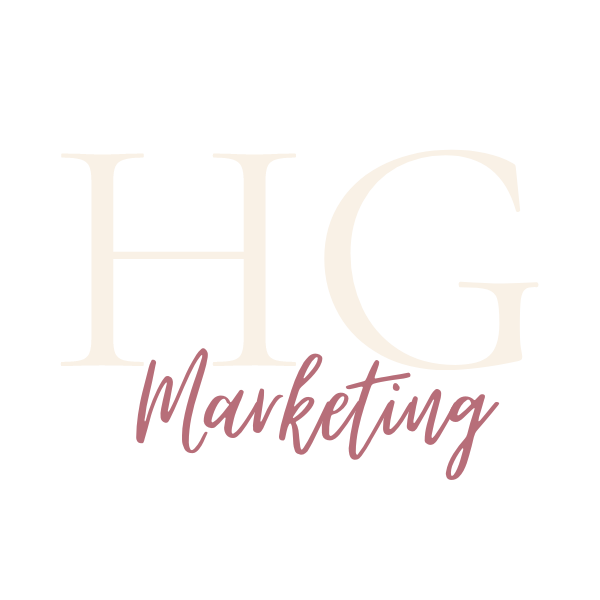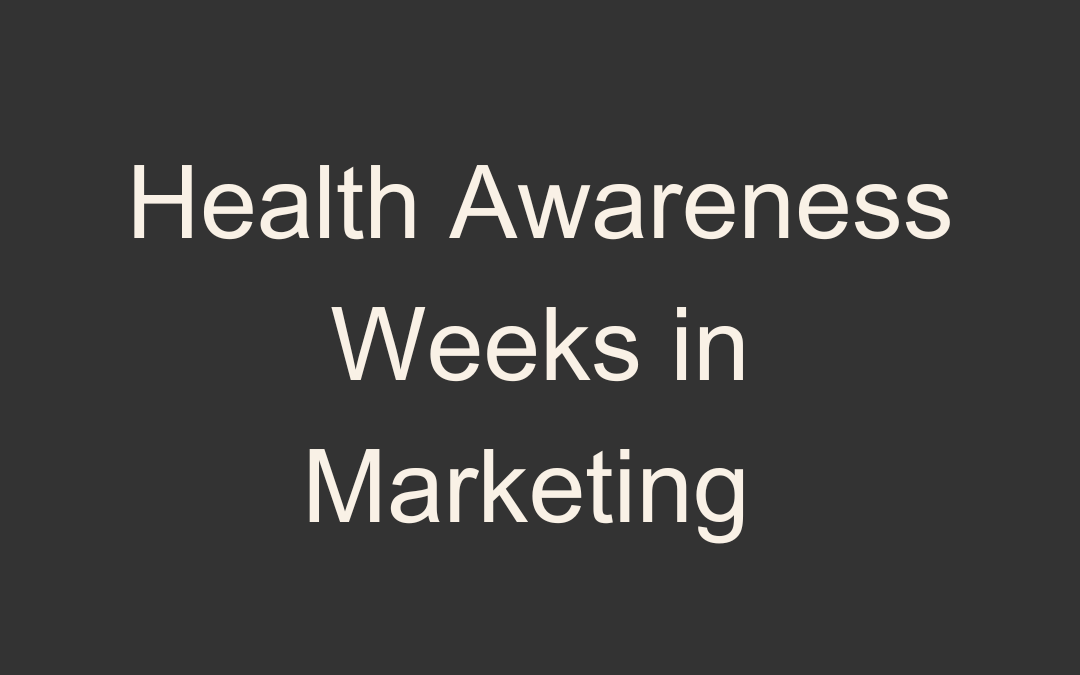If you’re running a private practice or wellness business, you’ve probably noticed the calendar is packed with health awareness days and weeks. From World Health Day to Allergy Awareness Week, there’s a campaign almost every week of the year.
But here’s the real question:
Should you be using these awareness days in your marketing? And if so—how do you do it in a way that feels authentic, not opportunistic?
Let’s break it down.
Why health awareness weeks can be powerful for private practice marketing
Used intentionally, awareness days can:
- Align your brand with meaningful causes
- Educate your audience on relevant issues
- Boost your visibility during high-search periods
- Offer a natural way to talk about your services
For example, if you’re a nutritional therapist, Allergy Awareness Week (14–20 April 2025) is the perfect time to share tips on histamine intolerance or common food triggers. If you’re a women’s health clinic, Biological Clock Day (21 April) offers a gentle prompt to open up conversations around fertility, hormones, and cycle support.
The key? Keep it relevant. If it doesn’t genuinely relate to your work or audience—skip it.
3 ways to make awareness campaigns work for you
1. Link it back to your services
Health awareness days should support your wider message—not distract from it.
Ask yourself:
- Does this awareness week connect with the services I offer?
- Can I offer value, education or clarity on this topic?
- Is this something my audience cares about?
Example: During National Stop Snoring Week, a sleep therapist might post a carousel on signs of sleep apnoea and link it to a service page for assessments.
2. Educate first, promote second
Your content doesn’t need to scream “buy now” to convert.
Start with helpful information, and let the offer follow naturally.
Share a myth-busting post, FAQ list, or patient story related to the theme. Then gently signpost to how your service supports it.
3. Plan ahead—but stay flexible
Have your content ready in advance, but leave space to adapt.
If a particular story or case study comes up mid-week, share it. If something doesn’t feel right on the day, don’t force it. Your integrity is more important than a hashtag.
Don’t rely on awareness days alone!
Here’s the honest bit:
Just using awareness days isn’t a marketing strategy.
It’s a tool—but not the whole toolbox.
To grow a business that connects and converts, you need consistency, storytelling, and clear messaging—every week of the year.
Final thoughts
You don’t need to jump on every health day to stay relevant. One well-timed, well-written post can have far more impact than a month of rushed content.
Start with the awareness campaigns that genuinely connect to your work—and build from there.
Need help planning your content around upcoming awareness days?

